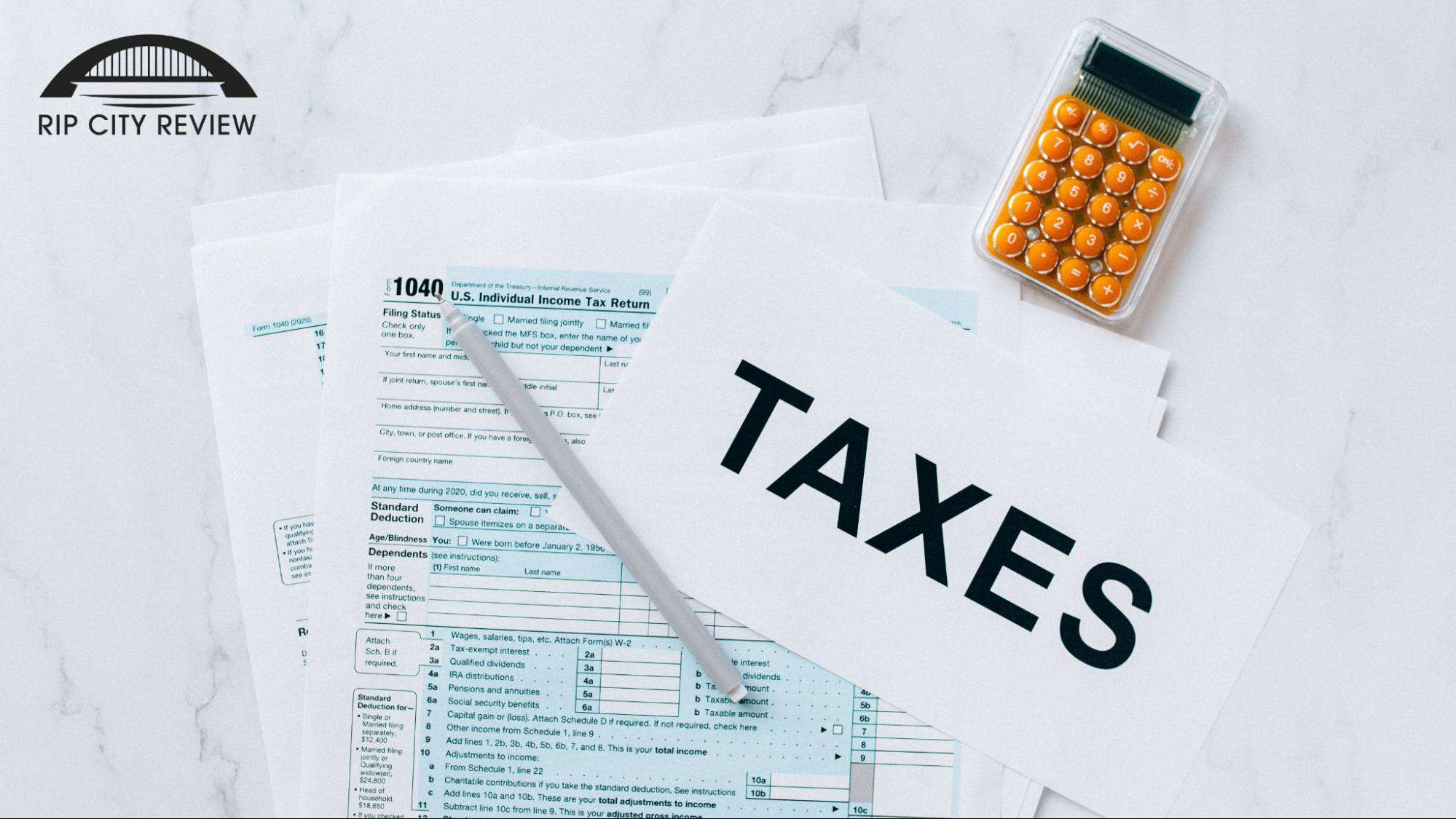Categories > Guides and Tips

Does Portland have sales taxes?
Knowing what taxes are imposed and the percentage levied can be a deciding factor for people looking to reside or shop in a particular state. State and locally sanctioned taxes come from income, property, and sales, to name a few.
If you’re planning to settle in Portland, here’s a guide about the possible taxes you’ll need to prepare for.
Does Portland have sales taxes?
Portland, which belongs to the state of Oregon, doesn’t impose a sales tax. The system applies both to local and state levels, meaning you won’t be levied for goods and services across all of Oregon’s jurisdiction.
This non-imposition covers all range of products from furniture to coffee and services like flower delivery and appliance repair.
This is one of the reasons why shopping in Portland (and the whole state) is favorable, not to mention that the city is teeming with specialty shops.
Can I buy a car in Oregon to avoid sales tax?

You can avoid paying any sales tax if you buy a vehicle anywhere in Oregon. Better yet, registering the car in the said state if you’re a resident also equates to zero tax perks.
The best way to take advantage of this setup is when you’re planning of moving out of Oregon. You can avoid paying the tax if you purchase a car in the state a minimum of 90 days before you move.
After that period, you can bring your car to the other state and register it there without worrying about the sales tax.
On the flip side, purchasing a vehicle outside Oregon and bringing it in will result in additional payments. After all, residents must pay the required tax before their autos can be titled and registered in Oregon.
Thankfully, Portland has several vehicles up for sale, giving you the option to buy locally instead to avoid paying the above tax.
Why is there no sales tax in Portland, Oregon?
There is no standard reason why Oregon doesn’t impose sales taxes. But most residents believe that this is a respite, as you’ll be required to pay taxes on almost everything else.
Oregon still needs to generate funds through taxes, and it does so by imposing individual income taxes instead of sales taxes.
The tax rate usually starts at 4.75% and can go up to 9.9%, depending on an individual’s income. Here’s a table to give you an overview.
| Filer | Taxable Income | Tax Rate |
| Single filers | $3,650 | 4.75% |
| Married joint filers | $7,300 | 4.75% |
| Single filers | More than $125,000 | 9.9% |
| Married joint filers | More than $250,000 | 9.9% |
Aside from personal income taxes, Oregon also imposes property and excise taxes. These other taxes don’t discriminate on income level, making them a bit more burdensome for those with lower earnings.
What is the tax regulation for online shops?

If you’re buying online from Portland (or anywhere in Oregon), you don’t owe sales taxes to another state. But remember that this is a rule for general sales tax.
Exceptions may apply to other taxes. The Oregon Department of Revenue says that you may be charged federal taxes for airline tickets and state/local taxes for your hotel or rental car if you’re processing online travel arrangements.
Business owners who sell their products online might also need to collect and pay taxes to other states, provided that their buyers come from a state that imposes sales taxes and that they satisfy taxability requirements.
That said, online retailers from Oregon should seek legal advice on the best way to collect and pay sales tax to other states, as regulations tend to vary across the country.
Is it cheaper to shop in Oregon?
Shopping in Oregon may be relatively cheaper, although it still depends on the product and the brand. Generally, the nonexistence of sales taxes automatically reduces the prices, but it doesn’t necessarily mean that all goods are budget-friendly.
For instance, designer brands are downright pricey. But when you buy them in Oregon, these goods are stripped off of sales taxes, so you get to pay less.

On that note, it’s safe to say that Oregon is a haven for shoppers.
As for the city that takes the reputation to the next level, Portland is a contender. After all, the city is filled to the brim with stores offering a wide range of goods from designer items to handmade goodies.
The best way to start is to check out downtown Portland. There you can visit department stores such as Nordstrom and Mario’s or tread the familiar route with major brands such as Louis Vuitton and Yves-Saint Laurent.
You can also move to the Pearl District and go to the hipster-approved Powell’s City of Books. The area is also home to fashion boutiques and art galleries which will further fuel your hipster’s energy.
Portland is also known for its sneaker culture, and you can get great buys from downtown shops. It’s also teeming with specialty shoe stores that you’ll need to check out.
While Portland won’t charge you with sales tax, it’s important to assess the overall tax system of the city and the state before deciding to move in. Make sure you’re equipped with information and you have the right budget to sustain a comfortable living in the city.
The one thing you can be sure about is that Portland, with its natural beauty and distinct community, is a place you’ll love staying in, taxes or not.





